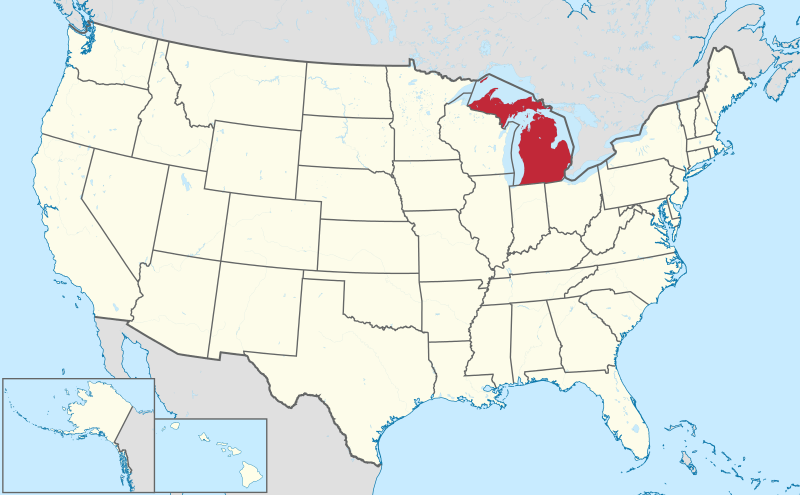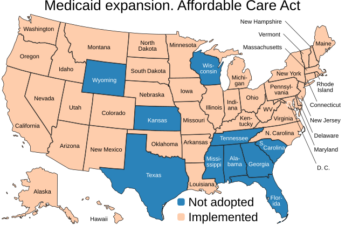
By Christine Vestal, Stateline
Michigan’s Republican-led legislature this week asked a state judge to allow a 1931 abortion ban to take effect if the U.S. Supreme Court overturns its landmark ruling ensuring the right to abortion—a decision expected this month.
”As the people’s representatives, the Legislature has a responsibility to intervene to defend our law,” Republican state Rep. Pamela Hornberger said in a statement. “We will use every tool at our disposal to defend Michigan law and protect the life of the unborn.”
Michigan’s pre-Roe statute would expose health care professionals in the state to felony charges and fines for performing an abortion except to save the life of the patient. It also would criminalize advertising or selling medications to induce an abortion.
Seven other states—Alabama, Arizona, Arkansas, Mississippi, Oklahoma, West Virginia and Wisconsin—enacted similar bans before the Supreme Court’s 1973 decision legalized abortion nationwide.
The Michigan legislature’s court filing this week is the latest chapter in a legal drama that began in April when Planned Parenthood of Michigan asked a state claims court to prevent the attorney general from enforcing the nearly century-old statute.
On May 7, Michigan Democratic Attorney General Dana Nessel declared that her office would not enforce the pre-Roe abortion ban, a statement that put both the plaintiff and the defendant on the same side of the argument.
When Michigan Court of Claims Judge Elizabeth Gleicher granted Planned Parenthood’s request for a preliminary injunction May 17, anti-abortion rights activists cried foul.
An attorney for Alliance Defending Freedom, a conservative Christian organization representing Right to Life of Michigan and the Michigan Catholic Conference, argued the case should be dismissed because both parties agreed on the questions in the case. The group has since asked the Michigan Court of Appeals to overturn the lower court decision.
“The judge engaged in an analysis without any advocacy from the other side, and she was demonstrably wrong in her legal conclusions, drawing on precedent which has absolutely no bearing on pro-life laws,” John Bursch, the attorney representing the group, told journalists on a May 17 phone conference, according to an article published by Catholic News Agency.
In her 27-page decision, Gleicher wrote that, “After 50 years of legal abortion in Michigan, there can be no doubt but that the right of personal autonomy and bodily integrity enjoyed by our citizens includes the right of a woman, in consultation with her physician, to terminate a pregnancy.”
Democratic Gov. Gretchen Whitmer also is involved in the escalating dispute over the state’s pre-Roe abortion law.
In April, she asked the Michigan Supreme Court to block enforcement of the dormant statute and recognize a right to abortion under the state constitution’s due process clause, which she argued provides a right to privacy and bodily autonomy. The pre-Roe law also violates the state’s equal protection clause, Whitmer argued, because it denies women equal rights in society.
Stateline, an initiative of The Pew Charitable Trusts.


